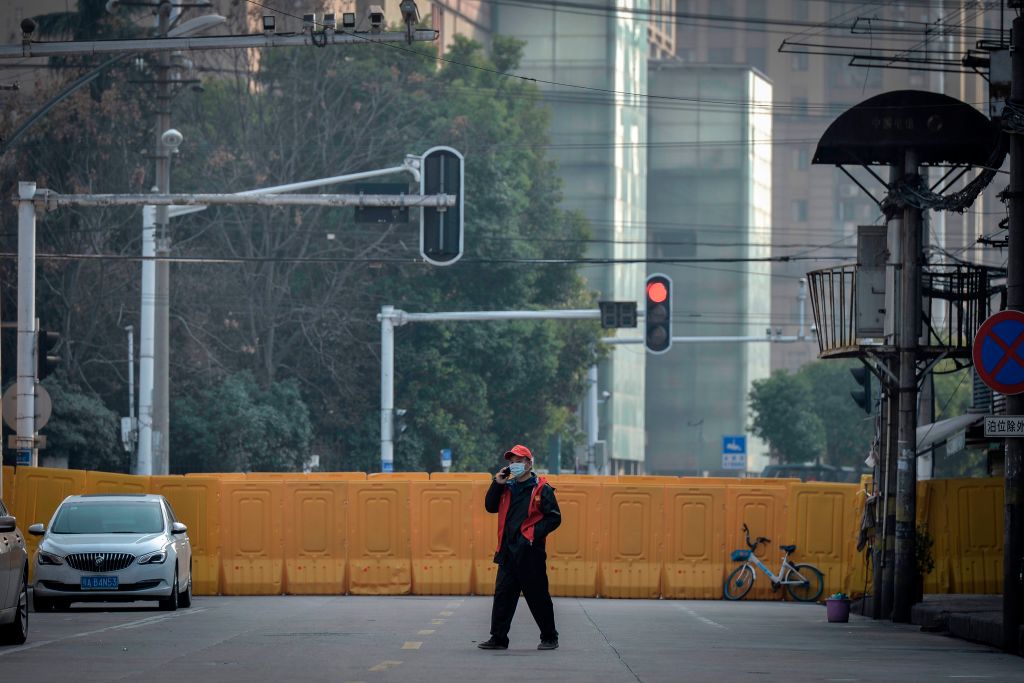China reported only 8 new coronavirus cases Friday. 3 were imported.


A free daily email with the biggest news stories of the day – and the best features from TheWeek.com
You are now subscribed
Your newsletter sign-up was successful
China reported its second day of single-digit COVID-19 coronavirus cases in the pandemic's epicenter, the city of Wuhan, on Friday, and China's National Health Commission declared that the country's epidemic has finally peaked. There were five new cases in Wuhan on Thursday, and eight total in China, the commission said Friday. The other three cases — two in Shanghai, one in Beijing — were from people who had traveled to China from areas abroad that have their own outbreaks, the health commission said. Wuhan reported eight new cases on Wednesday, part of 15 new cases nationwide.
Mainland China has reported 80,942 coronavirus cases, including 67,786 in Hubei province, home to Wuhan. Hubei has registered 3,062 COVID-19 deaths, the bulk of the 4,728 deaths worldwide. As of Friday, there have been 128,392 cases of the coronavirus confirmed in the world since the pandemic started in January.
Still, "two months into the coronavirus epidemic in China, tens of millions of people are still under quarantine and much of the economy remains in a deep freeze," The Wall Street Journal reports. China was able to control its epidemic through strict quarantines, "mandates from central authorities against hoarding and profiteering," and heavy central planning. "It isn't clear if other countries will want to go as far as China, whose central government intervenes often in commerce," the Journal notes. But "keeping its stores filled with food and other essentials — even in hard-hit places like the city of Wuhan — [was] a crucial factor in maintaining public order throughout the crisis."
The Week
Escape your echo chamber. Get the facts behind the news, plus analysis from multiple perspectives.

Sign up for The Week's Free Newsletters
From our morning news briefing to a weekly Good News Newsletter, get the best of The Week delivered directly to your inbox.
From our morning news briefing to a weekly Good News Newsletter, get the best of The Week delivered directly to your inbox.
A free daily email with the biggest news stories of the day – and the best features from TheWeek.com
Peter has worked as a news and culture writer and editor at The Week since the site's launch in 2008. He covers politics, world affairs, religion and cultural currents. His journalism career began as a copy editor at a financial newswire and has included editorial positions at The New York Times Magazine, Facts on File, and Oregon State University.
